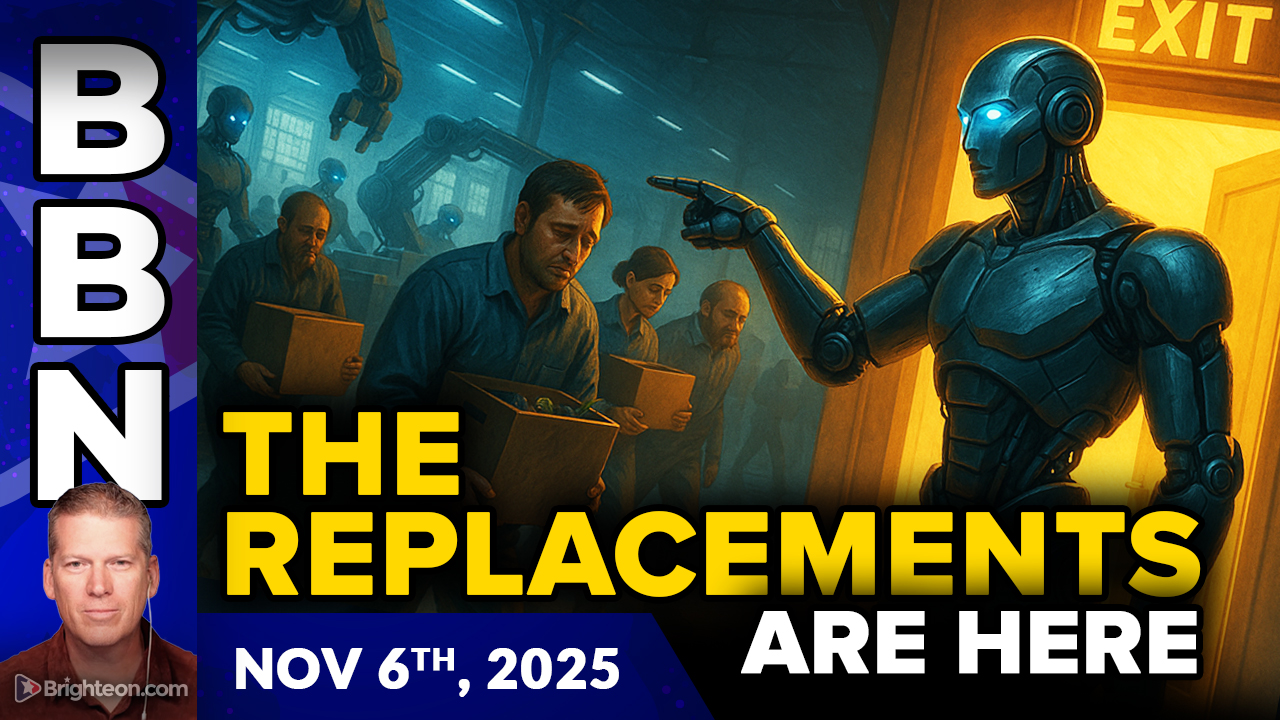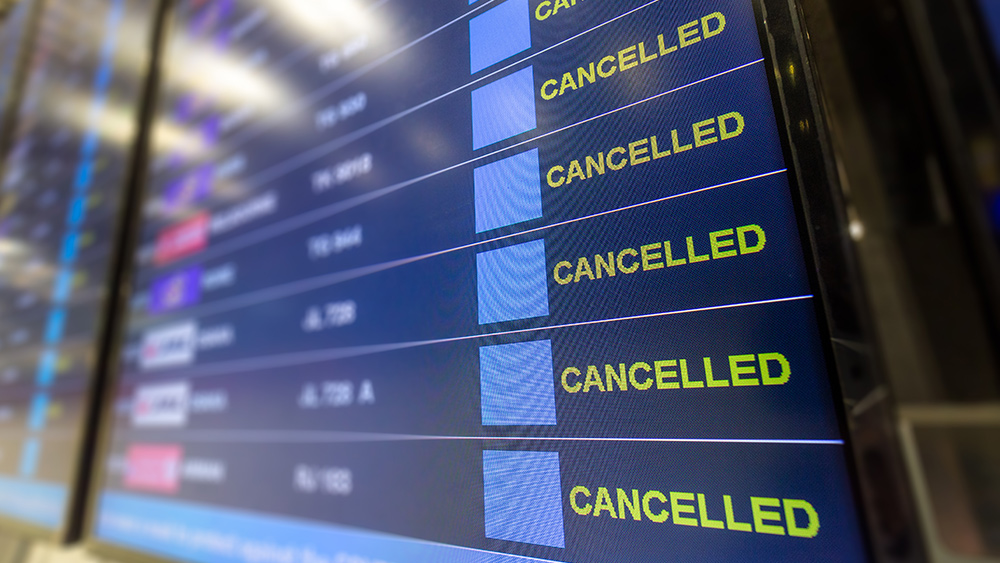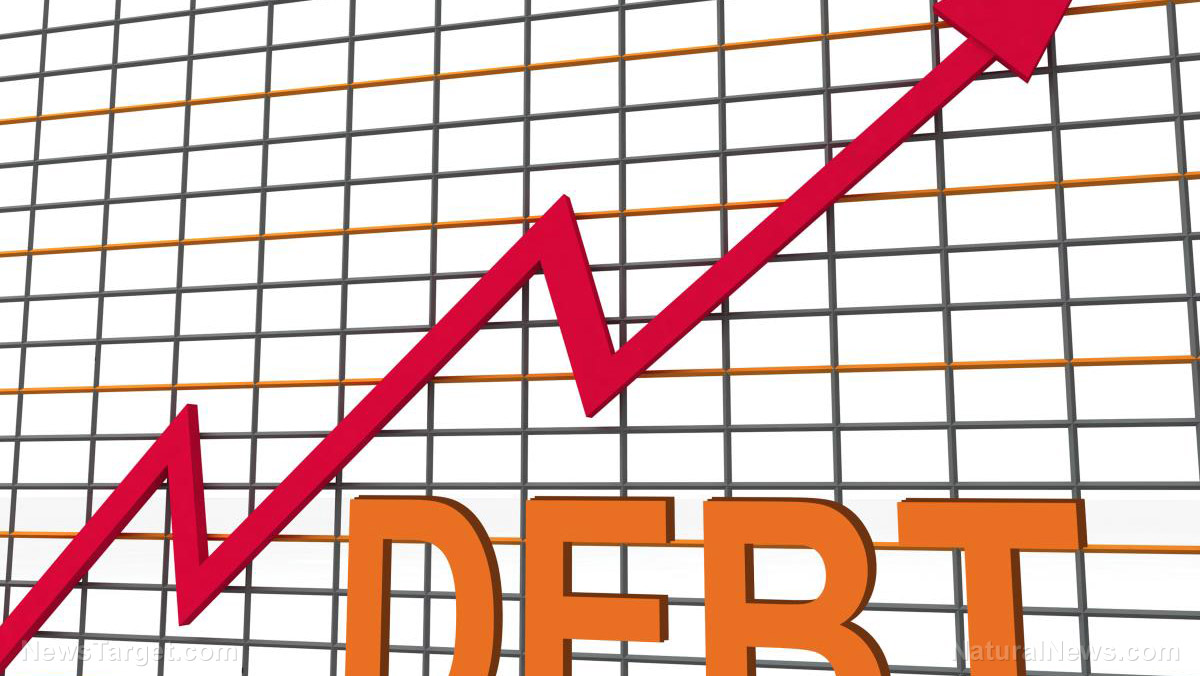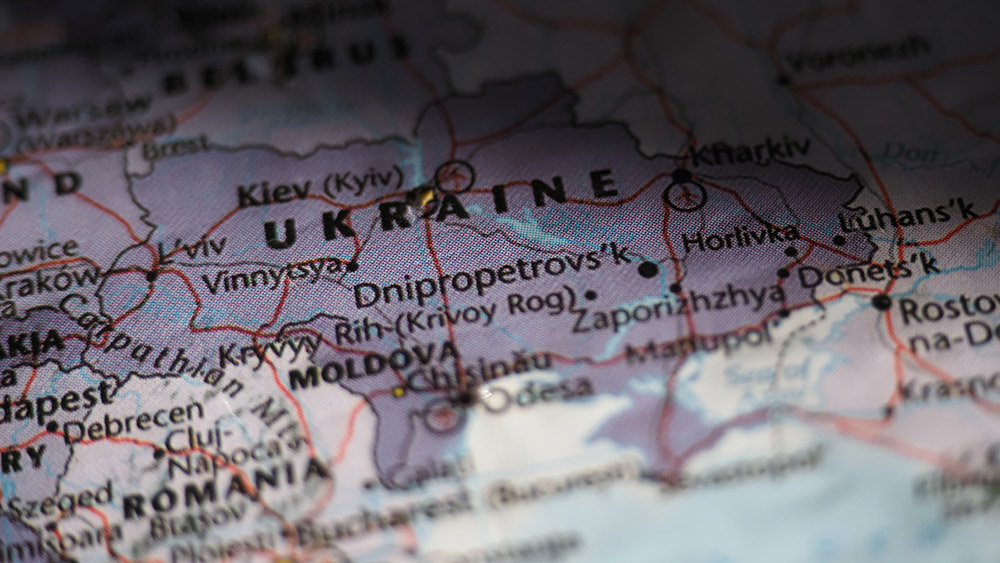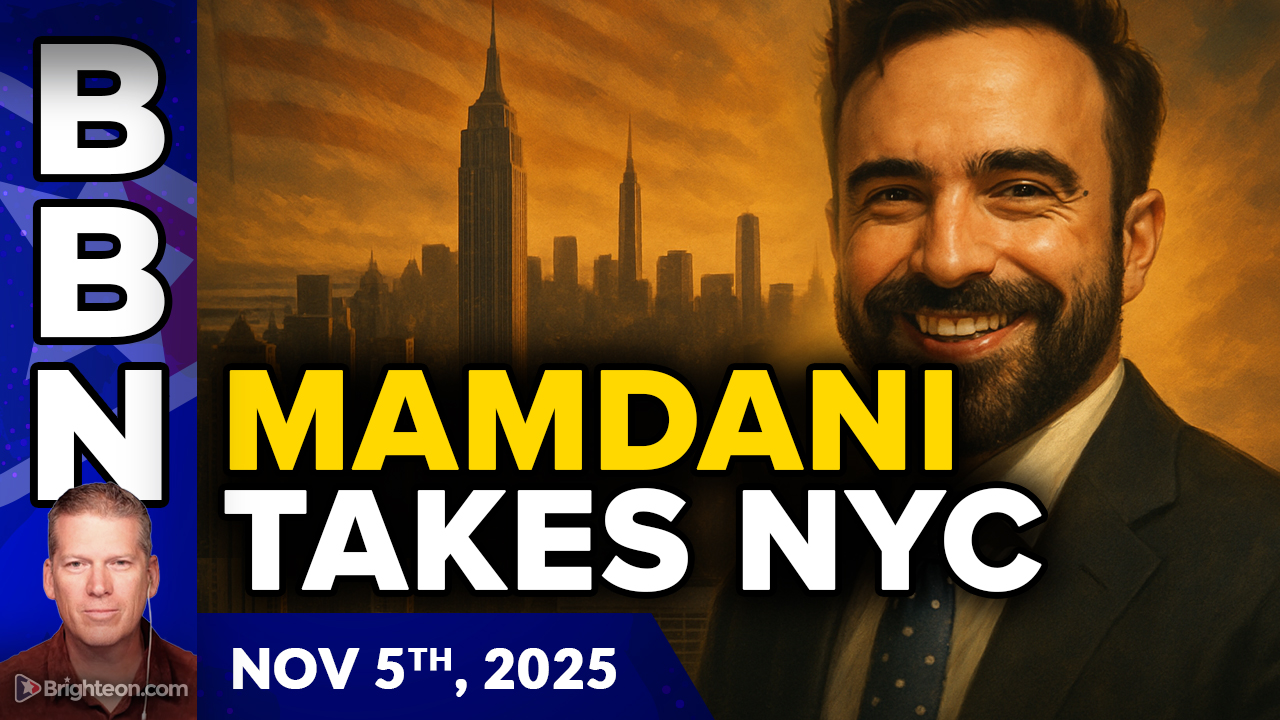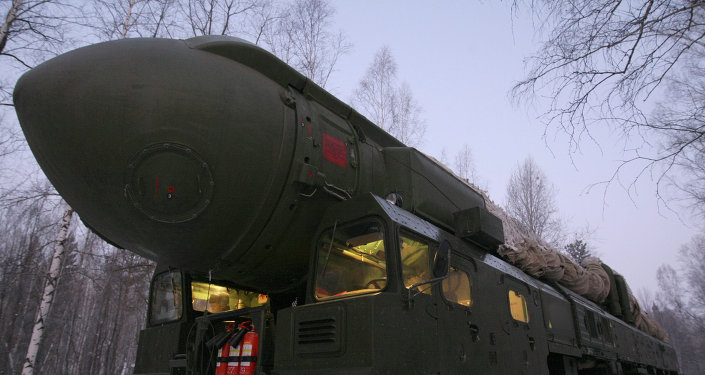Trump and Xi Jinping just rescued Europe’s auto industry from collapse
11/03/2025 / By Lance D Johnson
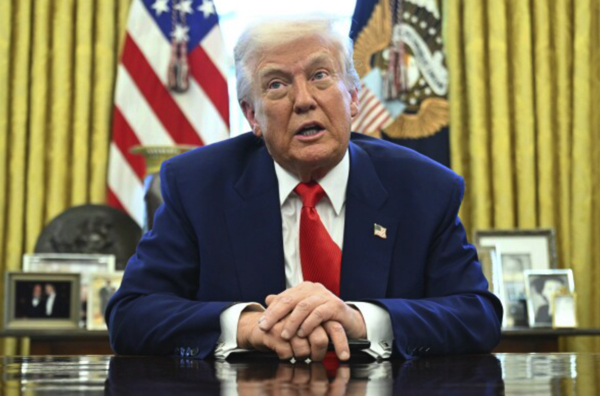
The People’s Republic of China has single-handedly pulled Europe’s automotive sector back from the precipice of a full-scale production collapse. By strategically lifting a crippling export ban on vital semiconductors, Beijing has exposed the fragile underbelly of Western industrial might and demonstrated where true power resides in the new technological world order. The crisis, artificially manufactured by the Dutch government’s seizure of a Chinese-owned company, backfired spectacularly, forcing Europe to confront its technological vulnerabilities and China to flex its diplomatic and economic muscle as the planet’s indispensable manufacturer.
Key points:
- The Dutch government invoked a Cold War-era law to seize control of Nexperia, a Netherlands-based chipmaker owned by China’s Wingtech Technology, citing vague “governance shortcomings” and economic security.
- China responded by imposing export controls on Nexperia’s chips, which are finished in China and are crucial for European automakers, threatening imminent production shutdowns across the continent.
- A trade deal between U.S. President Donald Trump and Chinese President Xi Jinping in South Korea paved the way for a resolution, with China agreeing to exempt Nexperia chips from the ban.
- European auto lobby ACEA had warned that without these chips, production of vehicles in Europe would face “stoppages,” highlighting a critical dependency.
- China’s Commerce Ministry placed direct blame for the “chaos in the global supply chain” on the Dutch government’s “improper intervention in the internal affairs of enterprises.”
How the West ignited a supply chain war
The fuse for this near-catastrophe was lit in September when the Dutch government, operating under the shadowy pretext of the Goods Availability Act, forcibly seized control of Nexperia. The company, though based in the Netherlands, is a subsidiary of China’s Wingtech Technology. Officials in The Hague claimed the move was necessary to “safeguard” the European supply of semiconductors and protect the continent’s “economic security,” pointing to alleged “serious governance shortcomings.” This act of corporate confiscation, dressed in the language of national security, was a direct assault on Chinese ownership and a throwback to a protectionist era many thought had passed.
The Dutch Economic Ministry called its decision “highly exceptional,” yet provided no concrete details to substantiate its claims, leaving observers to question the true motives behind the seizure. This heavy-handed approach, mirroring actions taken by the US and UK against Chinese tech firms, represents a growing and alarming trend where Western governments bypass free-market principles in the name of a nebulous and ever-expanding concept of “security.”
Averting the abyss: The domino effect of a single chip
The importance of Nexperia to European industry cannot be overstated. This one company is estimated to supply a staggering 49 percent of the electronic components used by the European automotive industry. These are not optional luxuries; they are the fundamental building blocks of modern vehicles, controlling everything from engine management to infotainment systems. When China announced export controls on these chips in response to the Dutch seizure, it sent a shockwave of panic through boardrooms from Germany to France. The European auto lobby ACEA issued a dire warning, stating plainly that without these chips, automotive suppliers could not build necessary parts, threatening total production stoppages. Bloomberg reported that carmakers were “bracing for production cuts or all-out stoppages,” working “around the clock” to prevent a complete meltdown.
The crisis laid bare a humbling reality: Decades of offshoring and specialization had left Europe’s industrial giants terrifyingly vulnerable, held together by a thread of silicon manufactured under Chinese oversight.
The art of the deal and the path to resolution
The resolution arrived not from Brussels or The Hague, but from a meeting between U.S. President Donald Trump and Chinese President Xi Jinping in South Korea. Their trade negotiations, which resulted in a deal to lower U.S. tariffs on Chinese goods and loosen Chinese restrictions on rare earth exports to America, created the diplomatic space for a solution. In the wake of this high-level dialogue, China’s Commerce Ministry announced it would “comprehensively consider the actual situation of enterprises and grant exemptions to exports that meet the criteria,” effectively lifting the ban on Nexperia chips.
This sequence of events is telling. It demonstrates that in today’s multipolar world, solutions to transnational crises require engagement, not confrontation. While the Dutch government refused to comment, stating only that it sought a “constructive solution,” China emerged as the pragmatic actor that de-escalated a situation it did not start. The entire episode serves as a powerful lesson in the new realities of global power, where control over advanced manufacturing and supply chains trumps outdated models of corporate control and political posturing.
Sources include:
Submit a correction >>
Tagged Under:
automotive, automotive industry, big government, China, chips, Collapse, crisis, economic security, Europe, export ban, global trade, manufacturing, Netherlands, Nexperia, semiconductors, supply chain, technology, trade deal, Trump, White House, Wingtech, Xi Jinping
This article may contain statements that reflect the opinion of the author
RECENT NEWS & ARTICLES
COPYRIGHT © 2017 COLLAPSE.NEWS
All content posted on this site is protected under Free Speech. Collapse.news is not responsible for content written by contributing authors. The information on this site is provided for educational and entertainment purposes only. It is not intended as a substitute for professional advice of any kind. Collapse.news assumes no responsibility for the use or misuse of this material. All trademarks, registered trademarks and service marks mentioned on this site are the property of their respective owners.


